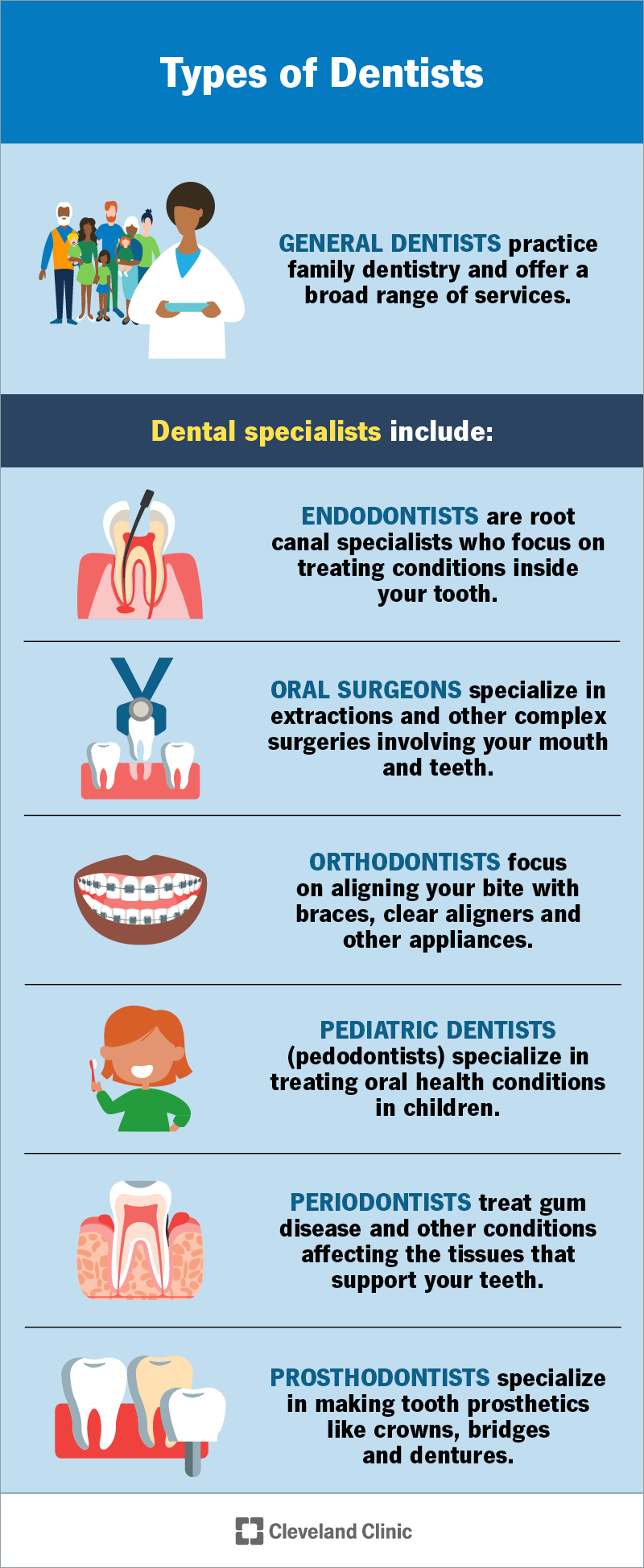The Secret to a Perfect Smile: Discovering Veneers in Washington DC
The Secret to a Perfect Smile: Discovering Veneers in Washington DC
Blog Article
Common Inquiries Concerning Dental Veneers Answered
Dental veneers have come to be a significantly popular choice for those seeking to boost their smiles, yet numerous individuals remain unpredictable concerning various elements of their use. Secret inquiries usually arise pertaining to the application process, durability, and potential risks connected with these cosmetic enhancements. The distinction in between porcelain and composite veneers can significantly affect one's choice. As we check out these typical inquiries, it ends up being important to consider not just the benefits yet also the effects of going with oral veneers in quest of a more confident appearance. What elements should one weigh prior to making such a decision?
What Are Oral Veneers?
Oral veneers are slim, tailor-made shells crafted from porcelain or composite resin that are developed to cover the front surface area of teeth. These oral prosthetics serve both functional and visual functions, giving an option for numerous oral flaws, including discoloration, chips, voids, and misalignment. By adhering to the teeth, veneers can significantly enhance the total look of a smile, producing a much more uniform and eye-catching appearance.
Porcelain veneers are specifically preferred for their all-natural clarity and stain resistance, making them an optimal choice for individuals looking for long-lasting results. On the other hand, composite resin veneers are usually less pricey and can be applied in a single check out, however they might not provide the same resilience as porcelain choices.
The choice to opt for oral veneers commonly comes from a desire for aesthetic enhancement, but individuals ought to additionally think about factors such as the durability of the product, maintenance needs, and the potential requirement for tooth reduction (Low Cost Veneers). Ultimately, dental veneers represent a functional and effective remedy for accomplishing a radiant smile, satisfying specific aesthetic demands while advertising confidence and self-esteem
How Are Veneers Applied?
The application process for veneers calls for mindful preparation and accuracy to guarantee ideal outcomes. The treatment generally starts with a thorough appointment, where the dental professional reviews the patient's oral wellness, talks about desired end results, and determines the appropriate type of veneers, whether porcelain or composite material.
When the therapy plan is established, the dental practitioner prepares the teeth by eliminating a thin layer of enamel, generally about 0.5 mm to 1 mm, to accommodate the veneer. This action is vital as it ensures a correct fit and avoids the veneers from showing up cumbersome - Low Cost Veneers. After prep work, perceptions of the teeth are taken to produce customized veneers that match the client's one-of-a-kind dental structure and aesthetic preferences
While the permanent veneers are being fabricated in a dental laboratory, short-lived veneers may be placed to shield the prepared teeth. When the irreversible veneers prepare, the dental expert will carefully bond them to the teeth utilizing a solid dental adhesive. Final changes are made to make certain proper positioning and bite, adhered to by brightening for an all-natural look. The procedure finishes in a follow-up appointment to keep track of the veneers' fit and the client's fulfillment with their brand-new smile.
What Are the Perks?
:max_bytes(150000):strip_icc()/Dental-Care-Diabetes-Heart-Disease-GettyImages-904657730-2000-d106253af9b54ceba2bad7031cdfc657.jpg)
Moreover, veneers are recognized for their durability and resistance to tarnishing compared to natural teeth. Made from premium products such as porcelain or composite material, they can preserve their look for several years with proper care. This longevity makes them a functional financial investment in one's oral appearance.
In addition to visual improvements, veneers can also contribute to improved oral wellness. By covering harmed or weakened teeth, they can provide extra support and security, aiding to prevent further degeneration or damage. This safety element can lower the need for extra extensive dental treatments in the future.

Just How Lengthy Do They Last?
With appropriate care and maintenance, dental veneers can last anywhere from 10 to 15 years, making them a long-lasting remedy for improving one's smile. The long life of veneers mainly depends on the material made use of, the high quality of the first placement, and the client's adherence to oral health methods.
Porcelain veneers are understood for their durability and resistance to discoloration, usually lasting closer to the 15-year mark when taken care of suitably. Compound veneers, while more budget-friendly, might call for substitute sooner, typically within 5 to ten years due to their susceptibility to use and staining.

Additionally, putting on a mouthguard during sporting activities or nighttime can supply extra protection. Eventually, while veneers offer a substantial visual enhancement, their durability is significantly influenced by the dedication to proper oral treatment and discover this normal appointments with an oral specialist.
Are There Any Threats?
Considering the transformative effects of oral veneers, it is necessary to acknowledge the potential risks connected with their application. While veneers can boost the look of teeth, the treatment involves the elimination of a thin layer of enamel, which can boost tooth level of sensitivity and susceptability to decay.
One considerable danger is the opportunity of inappropriate placement or suitable, causing discomfort, bite imbalance, and even damages to the underlying tooth framework. Additionally, if the veneers are not kept correctly, they can end up being discolored or damaged gradually, necessitating substitute.
Patients might likewise experience allergic responses to the materials utilized in the veneers, specifically if they have level of sensitivities to specific dental compounds. Moreover, while veneers are durable, they are not unbreakable; excessive force from squeezing or grinding can bring about cracks.
It is important for individuals to seek advice from with a qualified oral expert to evaluate their specific dangers and to adhere to aftercare directions faithfully. By understanding these threats, individuals can make enlightened choices concerning their oral veneer treatment and make sure the long life and success of their enhancements.
Conclusion
In summary, dental veneers represent a useful cosmetic option for boosting smiles, with factors to consider concerning their application, benefits, longevity, and connected dangers. Their performance is influenced by elements such as the option of material, with porcelain offering superior resilience contrasted to composite options. Proper treatment and maintenance are important to optimize the life-span of veneers. Eventually, informed decision-making concerning dental veneers can bring about satisfactory visual outcomes and boosted oral health and wellness.
Dental veneers are slim, customized shells crafted from porcelain or composite resin that are designed to cover the front surface of teeth. After prep work, impressions of the teeth are taken to produce custom-made veneers that match the individual's distinct dental structure and visual choices.
While the long-term veneers are being made in an oral laboratory, short-lived veneers may be positioned to protect the ready teeth. When the irreversible veneers are ready, the dental professional will thoroughly bond them to the teeth using a strong oral adhesive. Ultimately, notified decision-making relating to dental veneers can lead to acceptable aesthetic end results and improved oral official site health.
Report this page